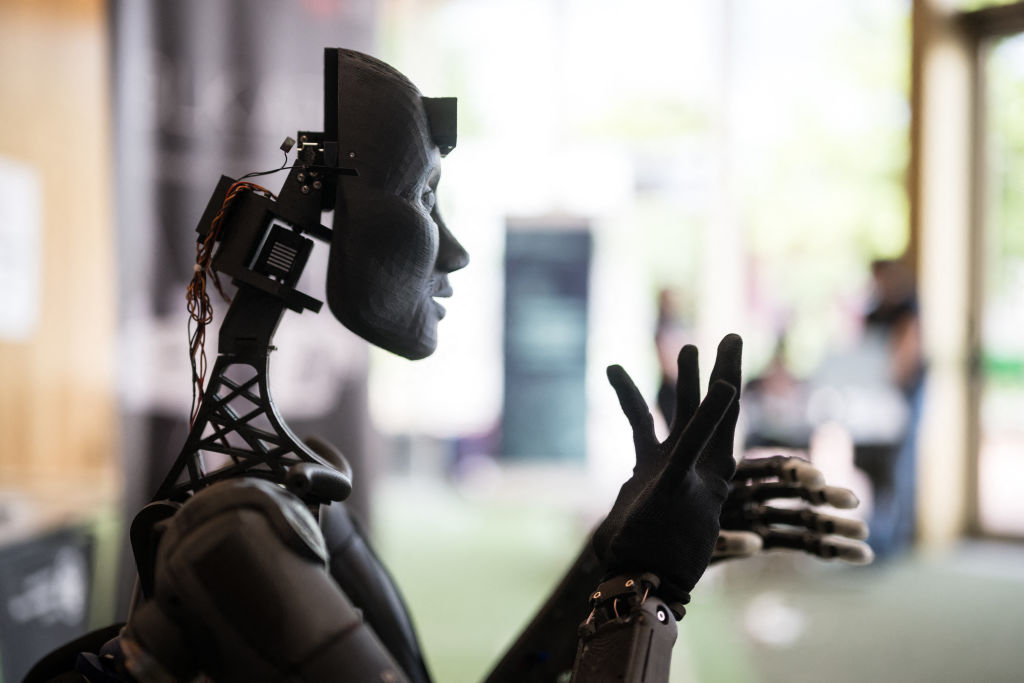The article discusses the ongoing struggle for a more equitable economy and society, focusing on the implications of artificial intelligence (AI). While there is potential for AI to benefit workers, its current ownership lies with the ruling class, risking the entrenchment of oligarchy instead of serving the public good.
Key themes include:
-
Democratizing AI: The need for collective control over AI to ensure it benefits all, rather than reinforcing existing inequalities. This includes questioning who should own and manage AI technologies.
-
Transformations Required: For AI to democratize the workforce and redistribute its benefits, significant changes in technology ownership and the welfare state are necessary.
-
Productivity vs. Empowerment: The distinction between augmentation (deskilling workers) and enhancement (empowering them) is crucial. The capitalist class may prioritize deskilling for control, while a worker-controlled approach may foster skill development.
-
Welfare State Considerations: The current debate around universal basic income (UBI) risks prioritizing survival rather than thriving, potentially leading to an underfunded model that serves inequality.
-
Collective Action: The urgency to seize this moment in history to reshape AI’s role and remake the welfare state reflects the larger goal of creating a society that serves the common good.
Overall, the article emphasizes that the transition to a more just use of AI is critical and must be managed collectively to avoid exacerbating inequality and to reimagine economic relations in a more democratic light.



